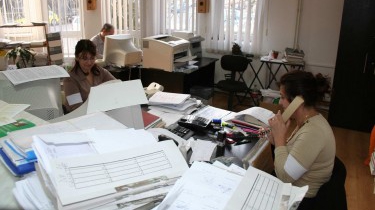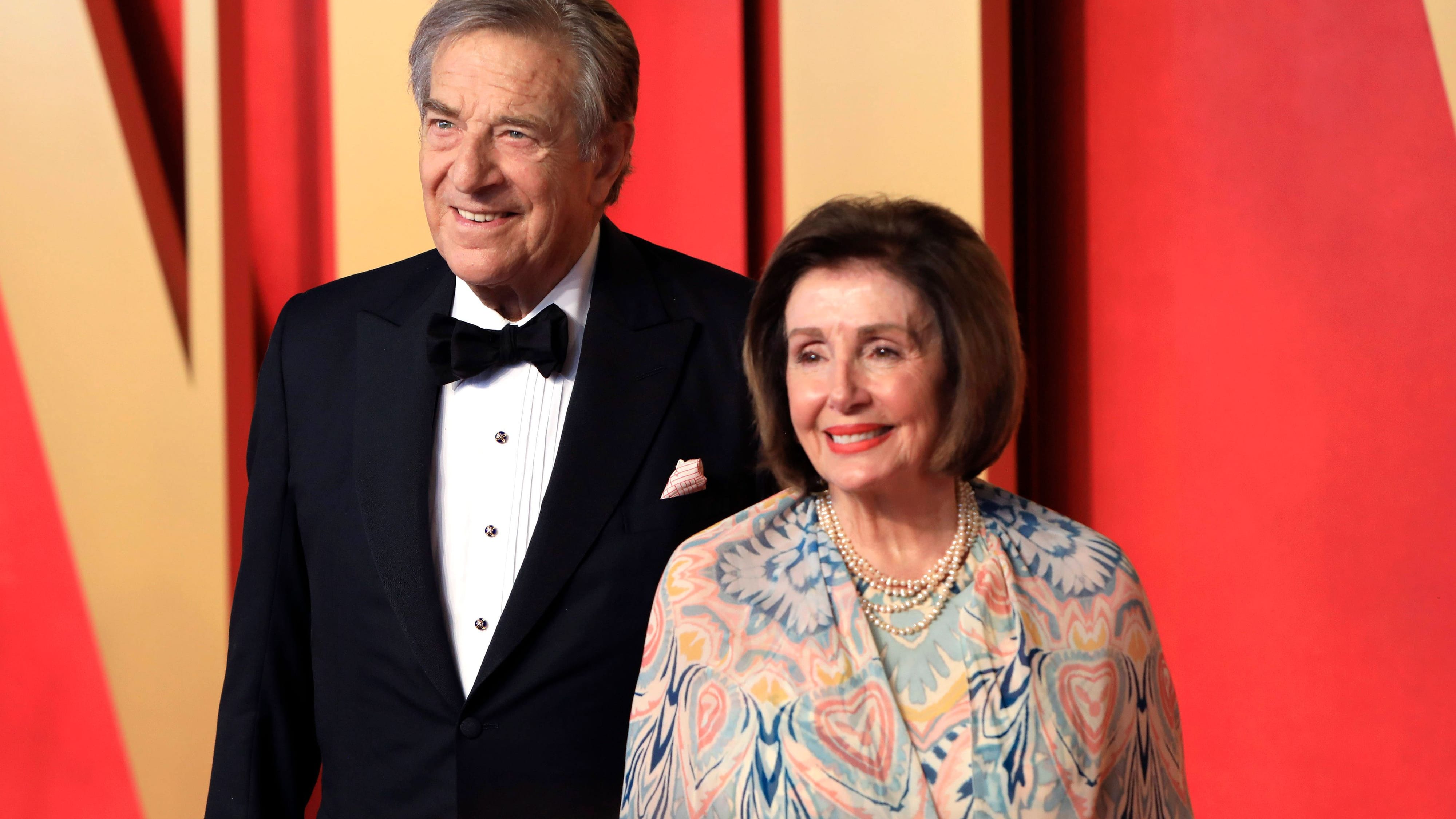Should the Bears back away from their $3 billion plans – by force or choice – for a new enclosed stadium and amenities at the Chicago lakefront where they currently play, the mayor of Arlington Heights says his northwest suburban town will still be interested in having the NFL team move there.
“It was never a done deal in Arlington Heights. I don’t think it’s anything close to a done deal in the city of Chicago. And so we are ready, willing and able to continue our discussions with them if they get a ‘no’ on the lakefront” proposal the team announced Wednesday, Mayor Tom Hayes told Pioneer Press.
Village of Arlington Heights Mayor Tom Hayes
Still, Bears President and CEO Kevin Warren said Wednesday the team is shifting its efforts to singularly making the lakefront redevelopment happen. He acknowledged that the team still owns the former Arlington International Racecourse site in Arlington Heights and is the largest landowner in the village.
“Our focus right now is on the city of Chicago” and the lakefront property, Warren told the Chicago Tribune editorial board “That’s where we are pouring all our time, energy and effort.”
While other Chicago suburbs made a bid to have the team move to their town, the Bears purchased land in Arlington Heights and pitched a redevelopment plan to village leaders and residents.
For more than a year, the Bears had eyed the racecourse site. Then, last February, they purchased the 326-acre site from Louisville-based Churchill Downs for $197 million. Shortly afterward, the structures on the land parcel were razed.
“We offer the opportunity for the Bears to own their own stadium, which is a big difference between our opportunity and the proposal that they submitted” to the city of Chicago for the redo of the land immediately south of where their current Soldier Field home sits, said Hayes.
Shortly after the racecourse land sale, a team entourage that included now-retired Bears President and CEO Ted Phillips presented a redevelopment proposal — first to the Arlington Heights Village Board, then at a community forum at John Hersey High School in the village — detailing an enthralling $5 billion plan to build an enclosed stadium, which the team would own, and accompanying residences and entertainment district.
The Bears currently play at 100-year old Soldier Field, which is owned by the Chicago Park District. The team’s lease there is scheduled to expire in 2033.
Chicago Bears’ flashy game plan for lakefront stadium project greeted with questions
The Arlington Heights plan, Hayes said, would have allowed the Bears to “provide that game-day experience that they have told me from day one that they were looking to do with a new stadium – that’s really kind of the industry standard now” and to be landowners.
Further, Hayes is convinced that his town offers the team, one of the only in the NFL to not have an enclosed stadium, so much more than a lakefront location.
But Warren, who took over team leadership in January 2023 from Phillips, expressed being unbothered by the idea of the team owning its own stadium versus being a renter. Asked at the news conference Wednesday about renting a venue instead of seizing an opportunity to own it, Warren flashed back to a similar question he said was posed to him while he was an executive with the Minnesota Vikings football team.
“We don’t look at it in a derogatory manner of ‘being a renter,’ we look at it as being a good partner,” he said, mostly referencing the Bears potentially working with the city of Chicago and Mayor Brandon Johnson’s administration.
Arlington Heights residents seem to have embraced the idea of the Bears moving into town, so long as local taxpayers weren’t on the hook to pay for it. But the team and a trio of local school districts continue to battle over property taxes.
A rendering showing the view from the proposed stadium threshold of the Arlington Park entertainment district. (Hart Howerton/Chicago Bears)
With the addition of residences as part of the Bears’ proposal in the Arlington Heights development, Township High School District 214, and Palatine High School District 211 and elementary feeder School District 25 – also based in Palatine – anticipate as many as 400 new students, with a collective financial impact to the districts of at least $22 million, an attorney for one of the districts estimated.
The school districts, working in unity, and the Bears remain at loggerheads over how much the team should pay in property taxes to the districts.
Further, the Cook County assessor set a valuation of the racecourse property at $192 million, an amount close to what the team paid for it. But the Cook County Board of Review lowered that to $125 million after the team appealed. Still, the football team would have a property tax bill of more than $10 million for the site, which the team says prevents redevelopment.
Hayes conceded the ongoing tax wrangling with the school districts “was a concern. I know the Bears were frustrated about that.” He believes it could have led, in part, to the Bears exploring more earnestly the Chicago lakefront option.
Still, he explained he respects the school districts being “advocates for their positions” just as the team is for theirs.
“We’re continuing our discussions with the school districts to help try to solve the short-term tax issues so when the Bears are ready to jump back this way, then we can say to them, ‘Hey, we’ve got that short-term tax issue resolved’” Hayes said.
Each of the school districts declined to comment on the Bears’ new Chicago proposal or the ongoing tax flack in Arlington Heights.
While Hayes said he wants the Bears to refocus on his town, Arlington Heights won’t just sit and wait. He said eventually the village will look forward to putting the land to good use, especially considering the legacy and longevity of the racecourse that once stood there as a crown jewel of the village.
“It’s a once in a lifetime opportunity for a new developer or multiple developers, and so I would like to see some kind of unified development,” the mayor said about building on the property should the Bears not move forward with its plans. “But, we haven’t given up hope on the Bears redevelopment, so we haven’t gone down that road yet to make any other plans.”
He said with the Bears being the property owners, the team and the village will, nevertheless, have to work together – whether a stadium is built or the land is sold.
The site “will be something unique and exciting at some point,” said Hayes.





